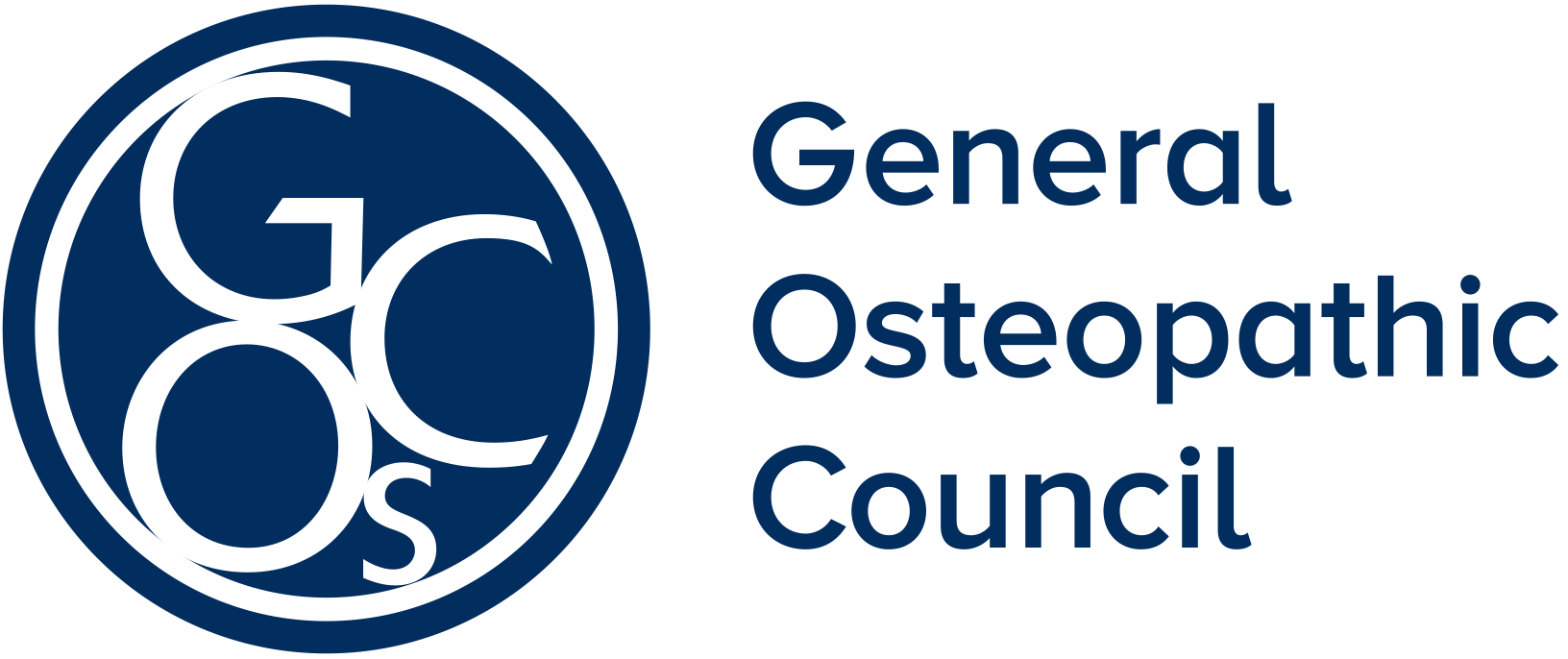B1. You must have and be able to apply sufficient and appropriate knowledge and skills to support your work as an osteopath.
- These should include:
- an understanding of osteopathic philosophy, principles and concepts of health, illness and disease and the ability to apply this knowledge critically, in the care of patients
- a knowledge of human structure and function sufficient to inform appropriate care
- a knowledge of pathophysiological processes sufficient to inform clinical judgement and to identify where patients may require additional or alternative investigation or treatment from another healthcare professional
- an understanding of the psychological and social influences on health, sufficient to inform clinical decision-making and patient care
- an awareness of the principles and applications of scientific enquiry and the ability to critically evaluate scientific information and data to inform osteopathic care
- an understanding of the principles of biomechanics sufficient to apply osteopathic treatment safely and effectively
- well-developed palpatory skills
- an understanding of the characteristics of the normal and abnormal functioning of different body tissues and systems to inform the interpretation of clinical findings
- the ability to determine changes in health and function by the appropriate use of observation, palpation, motion and clinical evaluation
- problem-solving and thinking skills in order to inform and guide the interpretation of clinical and other data and to justify clinical reasoning and decision-making
- the ability to protect yourself physically and psychologically during interactions with patients to maintain your own health
- the ability to critically appraise your own osteopathic practice. For example, this could be achieved through:
- self-reflection
- feedback from patients
- feedback from colleagues
- case analysis or clinical audit.
